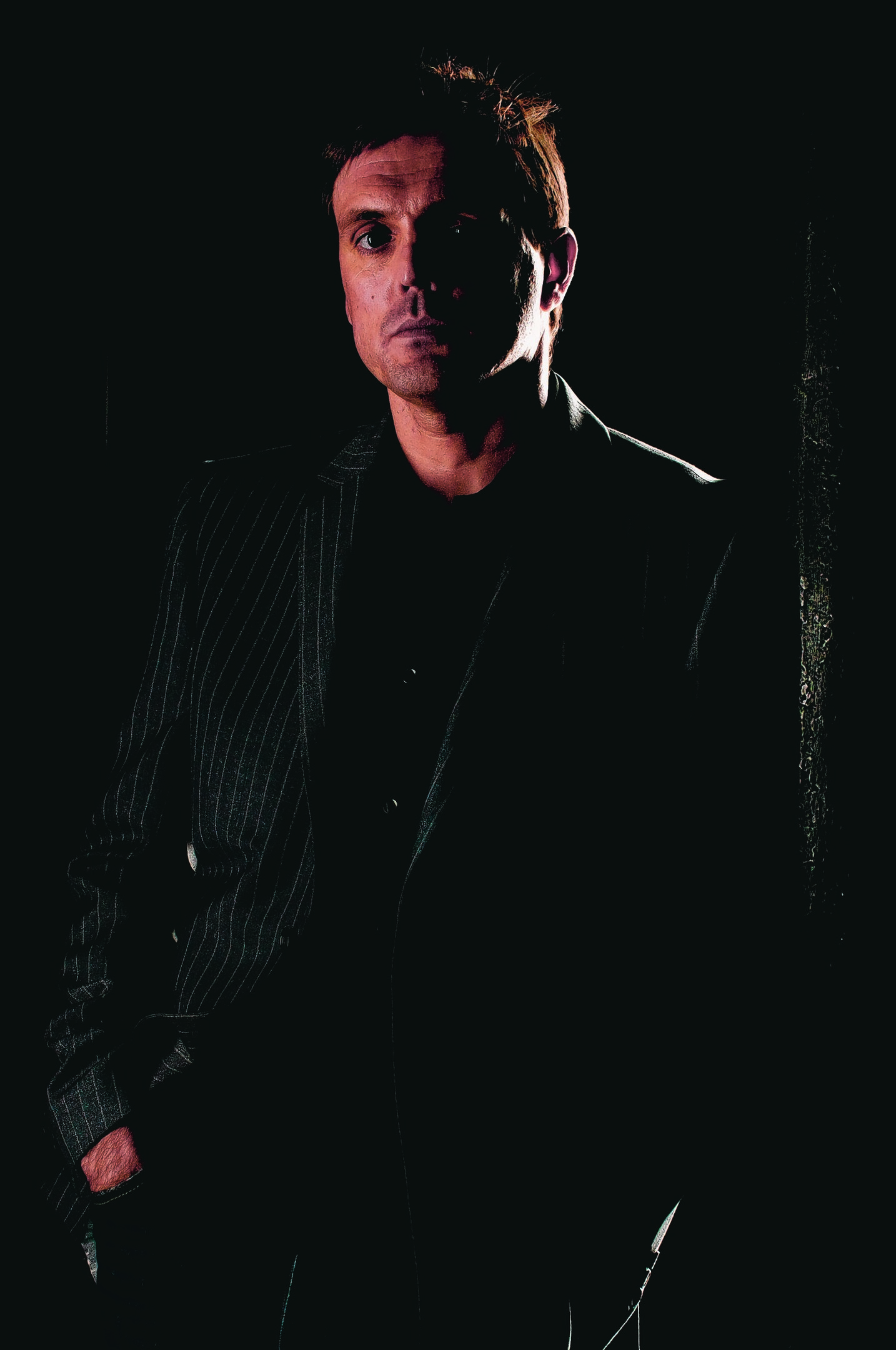Published by Black & White Publishing.
Extract 19 from Chapter 41
DI Bob Valentine knew he belonged to a nation that lauded its landscape of battle-scarred castles and limpid lochs with an almost mordant fascination. The Scots drank copious whisky and danced dizzying ceilidhs. They revered long, dark nights and their literature revelled in justified sinners and mean cities. Their history reviled the blood of ancient forebears: their wars were all lost and their slim victories were dressed as defeats. In short, we were a queer lot, the Scots.
There was no lust for life in Scotland: that much had been confirmed for him on those rare occasions he visited foreign shores and saw how differently life was lived there. Scots couldn’t look forward because they were always too busy looking back and castigating themselves for past mistakes. How could a nation like this have arrived at any other place?
Towns and cities blighted by the ignorant and drug-addled. Pushers, pimps and gang masters holding sway over great swathes of an isolated and abandoned society. The Scots killed themselves in countless ways because they were a defeated nation, a colonised country that had abandoned all respect for itself generations ago. Scotland’s sins were compounded by the political class that ruled from afar, uncaring, uninterested and unwilling to treat their neighbours like anything other than the barbarians at their door.
Valentine knew he was fighting a battle he had no chance of winning because the people who should have been marching beside him had already given up. He’d once been told, many years ago when he was still in uniform, that his job was like mending cracks in a dam.
Police were Polyfilla, masking tape, multipurpose emulsion. But that was then; he knew that now the dam had burst and all thoughts of repair had been replaced by one almighty scrum for the lifeboats.
The detective stood in front of his desk, staring out to a slate-grey street being washed by wind-driven rain. The diluted blue of the skyline was a dreary indicator of his mood, a fulminating composition of oppressive conditions he could never escape, even if he wanted to. There were people there too, hurried and harried by the elements into shop fronts and wynds where they might once have passed a pleasantry, shared in their dismal fate to inhabit a land lashed by downpours day after day after day. But not a glance was exchanged between the long retinue of wet coats and dripping umbrellas; they passed each other like phantoms from other worlds, unaware of each other – or, in reality, ignorant.
When had it become like this? thought Valentine. At what point did we all become so separate from each other? There seemed to be no sanctioned contact, no public nexus. No one wanted to be part of a wider collective. We wanted our own selves and our own homes and our own flat-screen televisions to while away the long hours of self-delusion. That’s what we wanted. We didn’t want each other because, if we were honest, at this point we didn’t even like each other. Not as a people, not as a race. If there was a defining trait that we all subscribed to now, it was separateness.
But we were amorphous in this nascent sense of ourselves. It was not an individuality, because that carried a certain connotation of self-assuredness that we lacked entirely – our desire was only to trade our culture and heritage for the same bland swill that encouraged us to take no responsibility for anything beyond our own immediate needs and wants.
Valentine couldn’t look out the window any more. The world outside repulsed him. He felt a quickening of his pulse and a dull twinge in his chest that suggested he had allowed his adrenaline to spike in an unhealthy manner. Just a short time ago, he had been dead. No longer of this world. And through the miracles of modern medicine he had been brought back.
He tried to remember why that was a good thing. He tried to think of the infinite perfection of life, how overjoyed he had been to hear that he and Clare had first created life, and there was his answer: his family. If it wasn’t for the others he shared his life with, then what was this world to him? The answer was beyond the window that he could no longer bear to look at.

